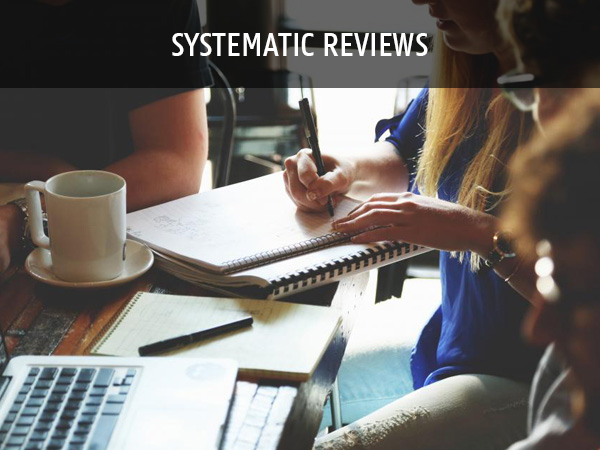Opleidingsmodules
GRADE (Grading of Recommendations, Assessment, Development and Evaluation) for interventions workshop
PC klas 1.1 (Campus UZ Gent) C. Heymanslaan 10 (1K3 Ingang 42), Gent, BelgiëThe GRADE approach describes the process of rating the quality of the best available evidence and developing health care recommendations developed by the international GRADE Working Group (www.gradeworkinggroup.org). Their aim was to develop a common, transparent and sensible approach to grading the quality (or certainty) of evidence and strength of recommendations in health care. The [...]
Turn your manuscript into a publication: a toolbox for authors
Online course via Microsoft TeamsEditors of (bio)medical journals today receive an overload of scientific articles. Articles that fit within the scope of the journal and comply with international standards in terms of reporting as well as the journal's regulations are eligible for peer review. During this introductory session, tips & tricks and a toolbox are provided to increase your [...]
Search strategy for a systematic review: workshop
Online course via Microsoft TeamsWith a systematic review, you aim to gather all the evidence about your research question. A sensitive search strategy for searching biomedical and/or multidisciplinary databases is essential. This workshop will teach you how to set up a search strategy and how to avoid pitfalls. Highly recommended for those conducting or supervising a systematic review. Format: [...]
The Cochrane Library
Online course via Microsoft TeamsDo you want to explore the Cochrane database of systematic reviews, CENTRAL and Clinical Answers? Then do not hesitate to enroll. Learning outcomes of the course Upon completion of this course, participants will have an understanding of which source is most suitable for which research question and goal, an understanding of indexing and the [...]
CINAHL
Do you want to explore the features of this database including nursing evidence? Do you have the feeling you can find too many or just too few scientific articles in CINAHL? Are the articles you find often irrelevant? Do you feel you are losing a lot of time in your literature search? Then do not [...]
Scopus
Online course via Microsoft TeamsDo you want to explore the features of searching in this multidisciplinary database? Then do not hesitate to enroll. Learning outcomes of the course Upon completion of this course, participants will have an understanding of which source is most suitable for which research question and goal, an understanding of stemming and lemmatization, the skills to [...]
Turn your manuscript into a publication: a toolbox for author
Online course via Microsoft TeamsEditors of (bio)medical journals today receive an overload of scientific articles. Articles that fit within the scope of the journal and comply with international standards in terms of reporting as well as the journal's regulations are eligible for peer review. During this introductory session, tips & tricks and a toolbox are provided to increase your [...]
AI for literature research
Online course via Microsoft TeamsExplore the world of AI tools for literature research during our interactive information session! What is ChatGPT and what are the do's and don'ts when using this tool to support your literature research? Discover other valuable AI tools that can enrich your research. These questions are central to our session, where we highlight the AI [...]
Ovid MEDLINE
Online course via Microsoft TeamsDo you want to explore the additional features of searching in Ovid MEDLINE instead of PubMed? Do you want to prepare yourself for an international career where this interface is used much more frequently? Then do not hesitate to enroll. Learning outcomes of the course Upon completion of this course, participants will have an understanding [...]
Predatory practices in academic publishing, focused on health sciences
Online course via Microsoft TeamsEvery researcher who wants to publish research results, faces so called predatory publishing. These are publication venues that claim to be legitimate scholarly open access journals, but misrepresent their publishing practices. Because there is a wide spectrum from genuinely fraudulent and deceitful practices to questionable and unethical practices, we rather speak of predatory practices instead [...]



